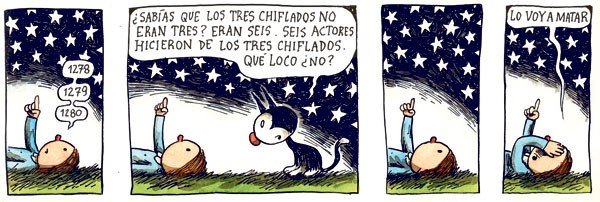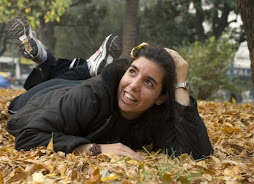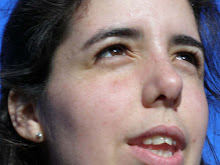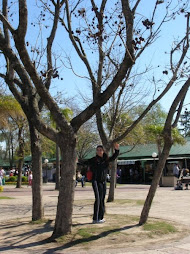 In what way is Educating Rita a play about the clash of class and culture?
In what way is Educating Rita a play about the clash of class and culture?Reflecting upon this question makes me remember about a lot of stories with a similar purpuse. All the soap operas by Thalia, some similar Disney's stories, also Chavo's version and so on...
While I was reading the play the first thing that came to my mind was "My Fair Lady", which also reflects very clear this clash of culture and class (from my viewpoint My Fair Lady reflects more the idea of class' clash, maybe I imagine Rita a bit different).
At the beginning of the story Rita was eager to learn, to be an educated woman, she wanted to be different from what she was. She believed and felt that she should be educated to have access to a different group of people, a different class.
Rita used to think that culture and class goes hand in hand. In some way it might be true, different classes share different customs. But the fact that they are different has nothing to do with the value they have.
That is to say, all different cultures are valuable and you and any person belonging to any of this different cultures is eucated in that culture.
I think that the word class is no longer in "fashion", I mean what can you call a different class. Are there better social classes than others? Is one social class totaly uneducated?
Education, and culture has nothing to do with social classes. You can come from a very poor part of the city or from the highest class and even then be an educated person (or not).
The idea is that a class does not make the education or culture. What is important is the people and the fact that they want to learn and become better so as to build a better society.
Small steps toward a much better world




























